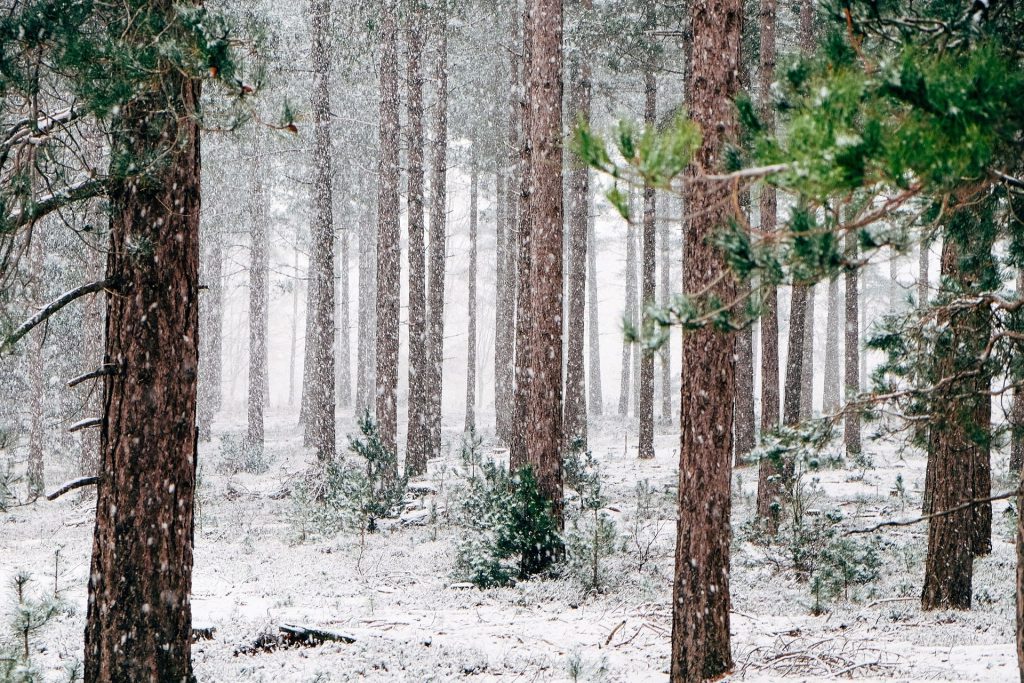
Expat Safety Tips: Blizzards
In most countries, winter brings very cold temperatures and a bit of snow but in some countries, winter can bring extreme cold and winter storms in the form of blizzards, which can rip through towns and cities causing a myriad of problems and dangers.
A blizzard can bring extreme cold, snow, ice, high winds and freezing rain for days on end and therefore it’s important to be prepared if you’re an expat in a country that could be hit by one.
What is a blizzard?
A blizzard is classed as an intense snowstorm identified by extremely low temperatures and strong winds. Many don’t realise that blizzards are defined by high-speed winds rather than by the quantity of snow-fall.
Winds must exceed 35 miles per hour for the storm to be classed as a blizzard and it must be accompanied by an abundance of falling snow for a minimum of three hours.
When might a blizzard occur?
You can expect a blizzard to occur during a country’s winter season when the temperature drops below about -6 degrees.
There are three things that are needed for a blizzard to develop, these are cold air, moisture and warm rising air.
A blizzard happens when a warm moist wind travelling from the equator towards the poles rises above a cold dry wind with temperatures below the freezing point travelling from the poles towards the equator.
In the US blizzards occur due to north-westerly winds trailing winter depressions and low-pressure systems. Whereas in Antarctica, winds spin over the edge of an ice plateau at approximately 100 miles per hours.
What problems can a blizzard cause?
Blizzards are very powerful forces and can cause a lot of damage and create many dangers.
They can affect towns, cities and people in many ways. Blizzards can:
- affect transportation. Trains, buses and cars may not be able to operate
- shut down towns and cities, sometimes for days
- leave people without electricity as they can cause electrical wires to go down
- pose health risks such as hypothermia and frostbite
- cause huge amounts of property damage
- cause car accidents and cars to be stranded
- cause flooding afterwards when the snow starts to melt
- cause trees to fall
How to be prepared for a blizzard?
It’s important if you’re residing in a country that is prone to blizzards that you are always prepared.
Firstly, making an emergency kit and keeping it in your home is essential. Including things like a first aid kit, water, torch, batteries, blankets, candles, a shovel, hats and gloves and a portable phone charger.
Make sure you stock up on water and non-perishable foods in preparation because depending on where you live, you could be stuck inside your house for several days and won’t be able to get to the shops.
Don’t forget about pets and animals, if there is the possibility that a blizzard might hit, make sure they are kept inside or in a safe environment out of the cold and wind.
How to stay safe during a blizzard?
When a blizzard strikes there are safety precautions you should take to ensure that you stay safe.
- stay off the roads, blizzards can cause dangerous driving conditions
- know the signs of hypothermia and frostbite this can be life-threatening
- safeguard your water source by insulating your pipes
- avoid alcohol, this can interfere with the body’s internal thermometer
- be careful when shovelling snow, stay hydrated and take constant breaks
- stay indoors
Discover some of Expatriate Group’s other Expat Safety Tips articles below:
